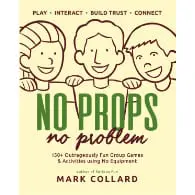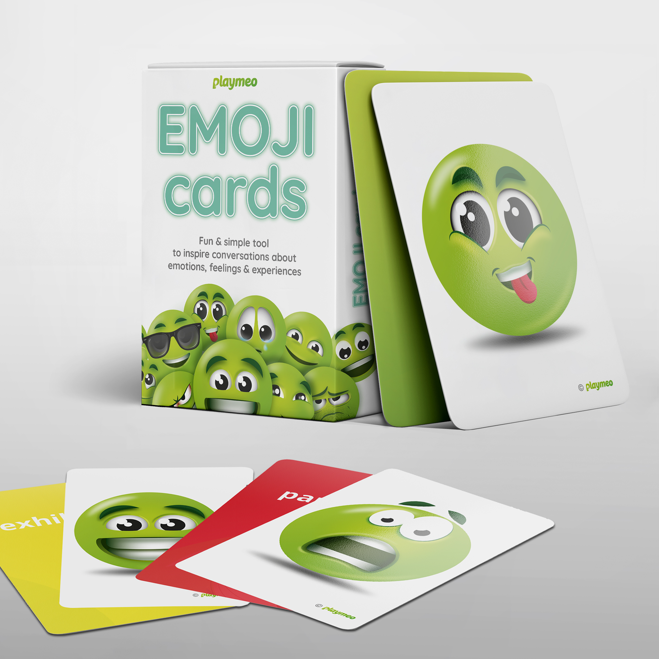How to Motivate People to Show Up On Time
Do you often find yourself frustrated with late arrivals at your meetings, classes, or events?
You’re not alone.
Managing latecomers is a common challenge for facilitators, teachers, and event organizers alike.
But what if you could create an environment that encourages people to show up not just on time, but even a little early?
The solution lies in what I call ‘unofficial starts.’
In this post, we’ll explore what an unofficial start is, why it’s so effective, and share some practical examples to help you implement this powerful strategy in your programs.
Click play below or continue reading for more…


















Original post October 2024, last updated November 2024.